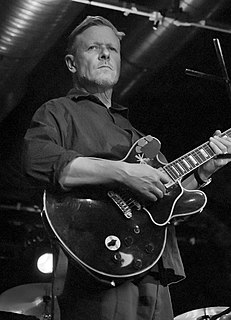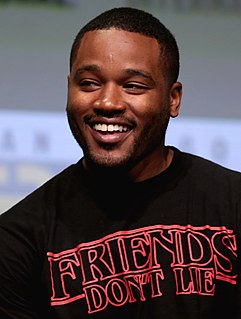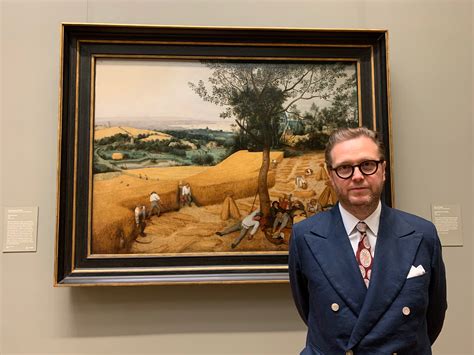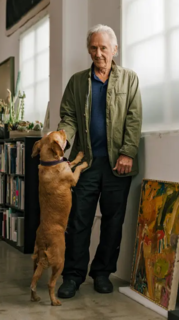A Quote by Robert Redford
I'd been influenced by reading books on art and colonies that existed in Paris and places like that and so when I came to Europe I came to France and I had very little money, and I had to live low and stayed in a bohemian section of Paris with a lot of other students, who were from medical school, science school and art school. We all lived in a kind of communal way and I was challenged politically, because I didn't have a clue and they would ask me questions about the Algerian War, which was very big in France in the late '50s.
Quote Topics
About
Art
Art School
Ask
Ask Me
Because
Been
Big
Bohemian
Books
Came
Challenged
Clue
Colonies
Communal
Europe
Existed
France
Had
Influenced
Kind
Late
Like
Little
Little Money
Live
Lived
Lot
Low
Me
Medical
Medical School
Money
Other
Paris
Places
Politically
Questions
Reading
Reading Books
School
Science
Section
Stayed
Students
Very
War
Way
Were
Which
Would
Related Quotes
When I was in Wuhan, I went to the art school, which was one of the most important art schools in China, an enormous art school. One of the things that I saw is that the schools are very big and there are so many students. It is very difficult to me to teach creative activity to great numbers of people, because I think you need personal contact with students, you need to speak individually, you need individual contact between teachers and students, you need continuity. To me this is a problem in mass education in every society now.
I graduated in June 1948 and then went in the fall to the art school. I stayed with my cousins on Seventeenth Street in the beginning, and later had my own apartment very near there and was able to walk to the Art Institute on Elmwood Avenue. The school had a faculty of local artists - Jeanette and Robert Blair, James Vullo who were well known in the area. It was a school that I think thrived on returning GIs, as many schools did at that time. It was a very informal program - but it was professional.
When I was about 7 years old, I had been labeled dyslexic. I'd try to concentrate on what I was reading, then I'd get to the end of the page and have very little memory of anything I'd read. I would go blank, feel anxious, nervous, bored, frustrated, dumb. I would get angry. My legs would actually hurt when I was studying. My head ached. All through school and well into my career, I felt like I had a secret. When I'd go to a new school, I wouldn't want the other kids to know about my learning disability, but then I'd be sent off to remedial reading.
I never expected to sell my art. It wasn't like today where you come out of art school and they promise you a future. Now it's almost regulated in a way. When we came out of school, we just wanted to make art that'd blow your hair back and do it for sport. There was no commercial possibility that we saw.
I had intended to make another film, called Pocket Money, which was to be about children at a school. I was very much intrigued by the story [of Close Up] - it came into my dreams and I was very much influenced by it. So I called my producer and asked that we put aside Pocket Money and start something else, and he agreed.
I lived in a little working-class town that had no black neighborhoods at all - one high school. We all played together. Everybody was either somebody from the South or an immigrant from East Europe or from Mexico. And there was one church, and there were four elementary schools. And we were all, pretty much until the end of the war, very, very poor.
It's hard sometimes when you're in a regular high school, you just feel like the odd kid out. The great thing about going to an art school [is] it's kind of like it's all the odd kids. It's all the kids that don't fit in at their regular schools, because you're into something and excited about something that other kids really aren't into. When you go to art school, everybody's kind of on the same page.




































